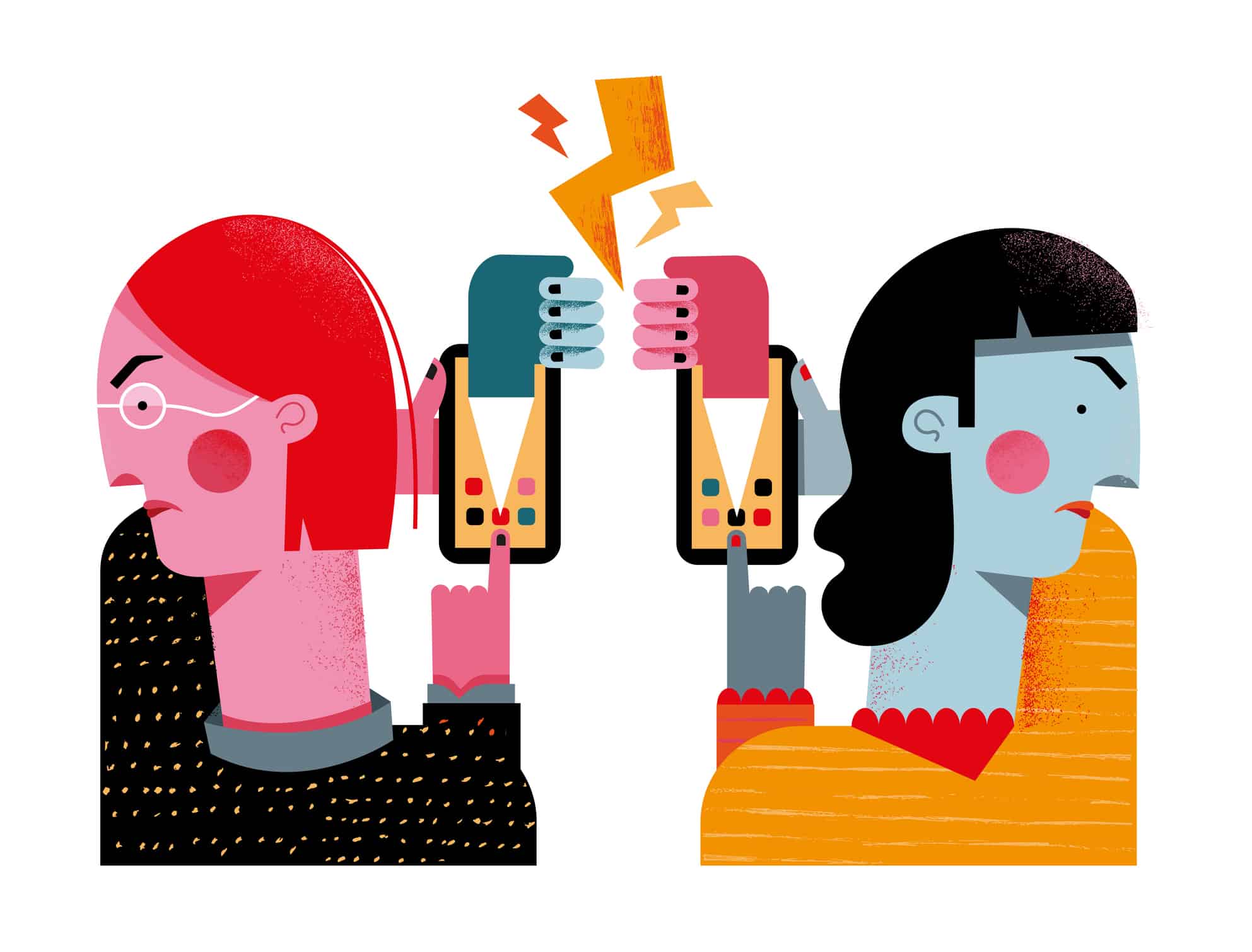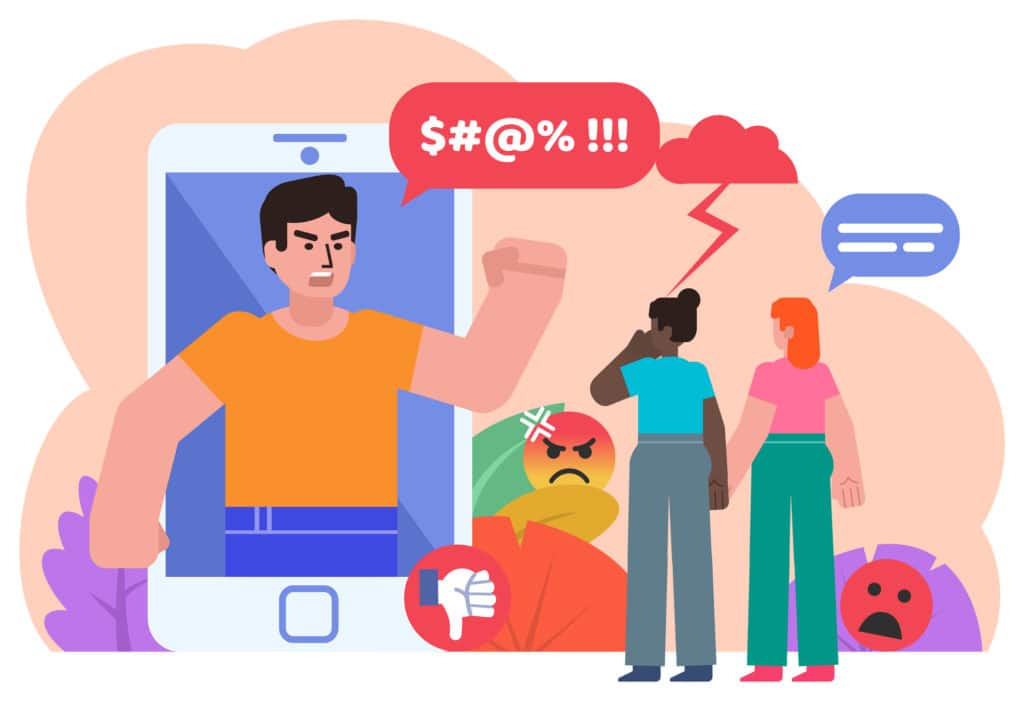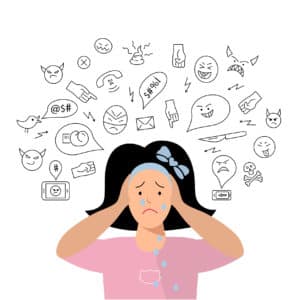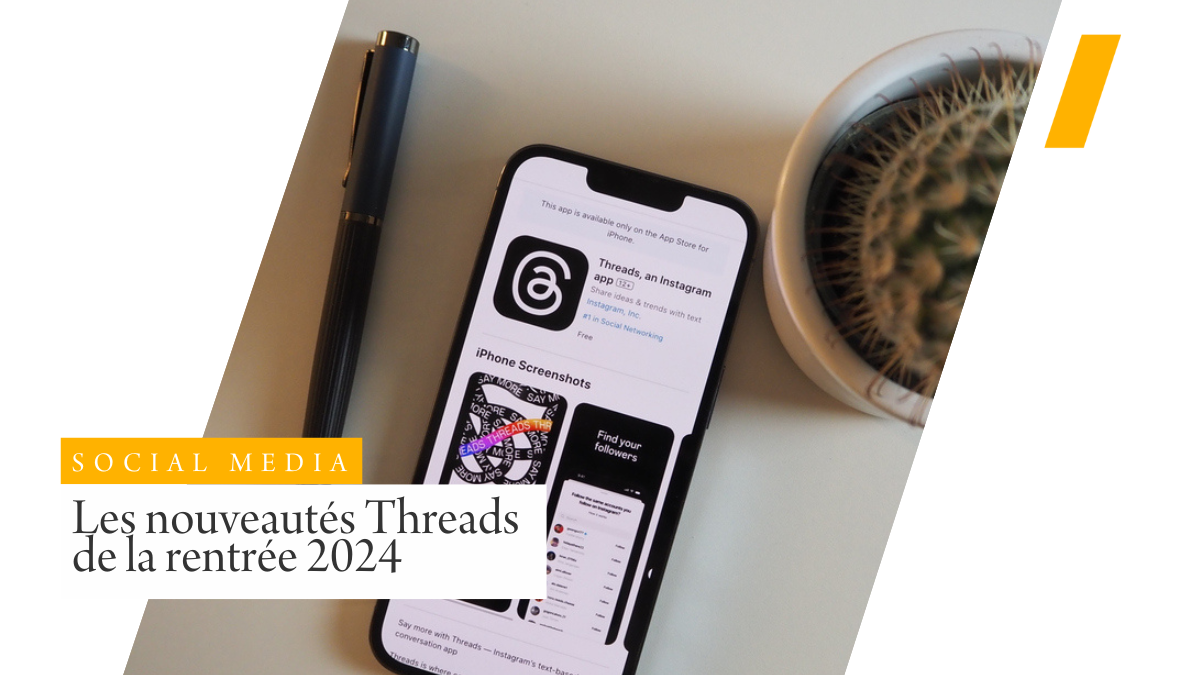Is the troll a character of fiction or rooted in reality?
Let’s put the pieces back together!
There comes a time in your social life (online, of course) when you’re bound to be confronted with the actions of a troll… also known as the “Hater” or “The Rageux”, to simplify understanding.
These are people whose primary aim will be to controversialize anything you wish to deploy on your social networks.
As your reputation grows, you run the risk of becoming familiar with this phenomenon.

Trolls are individuals who, in most cases, can be described as “ill-attentioned”, and who may sometimes adopt a disrespectful attitude, as their actions could ultimately tarnish your online brand image and your ability to defend yourself as a moral individual, as well as the services that set you apart from the competition.
This is one of the day-to-day tasks of the Community Manager at Travel Insight (but don’t worry, their day is also punctuated by more sympathetic moderation!) as soon as the pages they manage achieve a certain visibility.
Has the definition of trolling changed in 2020?
As we take stock of the year’s content, the real-world emergence of a concept as virtual as the troll has reaffirmed the ambiguity that surrounds this web figure.
The troll is a contemporary, fashionable network figure, often characterized by a certain spirit of provocation, altercation and persistence until he gets the last word.

Recent years have given trolls greater access to power and content aggregated around a single theme.
Today, the precious #Hashtags more commonly used on Twitter, Instagram or LinkedIn, but also keyword research and semantic tools, enable trolls to subscribe to certain keywords and thus hit hard on the subjects they have pre-selected.
This enables them to exert their pressure on various media: comments on publications, shares, videos, Instagram accounts, mailboxes…
If we look at the history of networks, we see that they migrate from discussion forums, Usenet, mailing groups, to our contemporary social networks.
But we don’t define ourselves as trolls; more often than not, we become them through the accusatory gaze of those who feel they have been provoked and offended.
Certain individuals can be defined as such by the seemingly inappropriate content they post on social networks/media, or by the responses they make to comments.
In fact, Community Managers are often more likely to encounter trolling in the moderation of networks than in the actual creation of content.
There are therefore different levels of trolling, which can affect your company’s brand image to varying degrees.
These “malicious apparitions” reflect the fine line that can be drawn between trolling and harassment, except that, more often than not, the troll suddenly emerges from the darkness and attacks your networks without warning.
They thrive on surprise, on destabilizing their interlocutors.
Can and should it be banned?

Over the years, the term “troll” has been used consecutively to designate “annoyers” on forums, then specialists in online destabilization.
Today, it’s even used to designate polemicists, but can they really be considered as such?
The big question today is to know how to analyze the behavior of your followers on your social networks, so as to be able to identify where the label of “troll” ends, and where anyone who criticizes your communication begins to be called a “troll”.
The troll thus emerges from the very structure of online exchanges, from their variety but also from anonymity. So, is this action a joke, a nuisance, harassment or mere rhetoric ?
In reality, the troll figure can only emerge from our own online reactions, our hyper-emotionality and all the preconceptions we project onto distant, invisible interlocutors.
As a digital communications agency specializing in tourism, we can initially advise you to respond to this troll with counter-arguments, and not to be destabilized by the first elements published by a potential troll.
However, if the troll’s actions multiply, we can only advise you to contact Facebook support so that they can analyze the profile and consider its definitive deletion.
As a Facebook page administrator, you also have the option of masking or even banning comments from a Facebook profile.
To do this, simply click on the comment and choose the “hide” option.
To ban a user, repeat the action on the hidden comment and this time click on “Ban”.
When moderating negative comments, the boundary between “delete” and “hide” can be very important.
Deleting a comment will leave traces, and the author of the message in question will be informed that his or her comment has disappeared, which could lead to over-reaction even if you were to delete his or her profile, as trolls generally have several accounts and are therefore able to repeat their intervention.
We can therefore only advise you to start by using the “hide comment” alternative to calm things down.
Another effective way of countering trolling is to call on your community, your supporters, to support your expertise and know-how.
The troll can, however, take on a very real image: that of the customer!
A dissatisfied customer: the victim of a flight delay, the cancellation of an activity initially scheduled in the program, or a case of force majeure and who has not taken out insurance… there are many possible profiles, and you’ll need to juggle several different scenarios to come up with a well-constructed, personalized response.
In this case, we advise you to move the “public” elements to a confidential area.
In this way, invite the person to enter into direct discussion by private message, to position yourself as a true professional and store evidence of exchanges.
Don’t hesitate to take screenshots, which may prove useful (in case it goes any further).
To summarize:

Avoid labelling everyone who disagrees with you a “troll”, and remain open to contradiction.
It’s always important to remember that every situation is different, and what works in moderation in one case may not work in another.
The notion of experience will be a powerful weapon in the battle against real trolls and negative comments, which can help you to question yourself and improve your performance.
There’s no one-size-fits-all protocol for freeing yourself from the influence of a troll, but the number-one rule to apply in all circumstances is “DON’T FEED THE TROLL!








